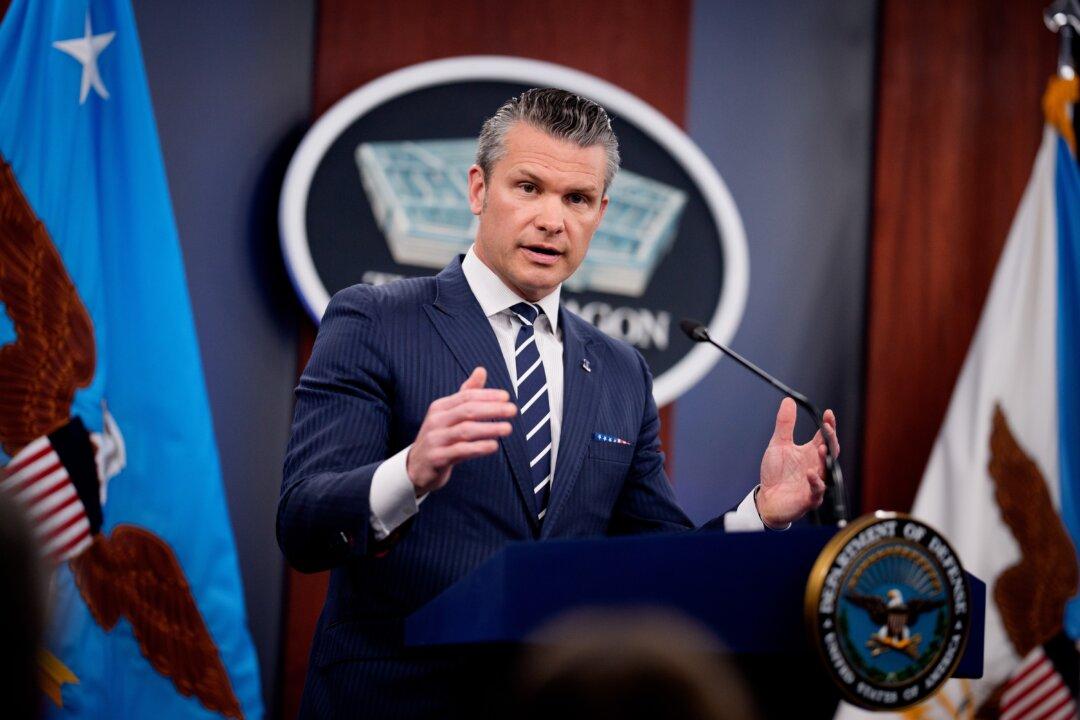Commentary
Secretary of Defense Pete Hegseth has warned U.S. allies and partners about the hegemonic and malign threat from communist China as “real” and potentially “imminent.” He said that “China seeks to become a hegemonic power in Asia,” and warned that “Economic dependence on China only deepens their malign influence and complicates our defense decision space during times of tension.”





